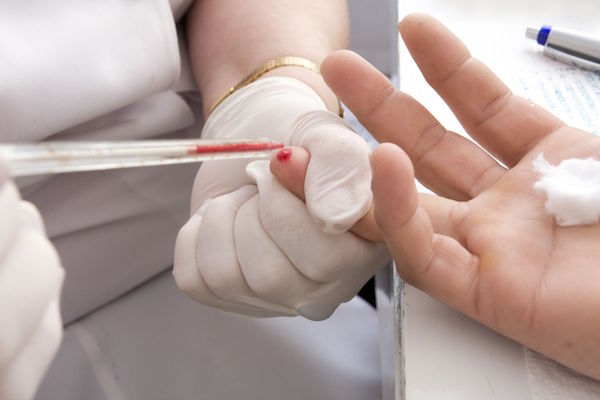
MONDAY, June 21 (HealthDay News) — Although diabetes raises the chances of developing heat illness, many people with the condition don’t know how to reduce their risk, a new Mayo Clinic survey reveals.
“People with diabetes have an impaired ability to sweat, which predisposes them to heat-related illness, as do uncontrolled high blood sugars,” lead researcher Dr. Adrienne Nassar, a third-year medical resident at Mayo, said in a news release from the Endocrine Society. Many patients surveyed, she noted, had less-than-optimal glycemic control during the summer, which could also increase their risk of dehydration.
She and other researchers analyzed 152 surveys on heat awareness taken by diabetes patients at a clinic in Phoenix. The surveys indicated that 20 percent of the patients did not take precautions until temperatures climbed above 100 degrees Fahrenheit, despite the fact that when humidity is factored in, heat illness can occur in as low as 80-degree weather.
The authors noted that people with diabetes visit emergency rooms in rising numbers during hot weather, with an accompanying increase in hospitalizations and even deaths.
Despite this fact, only around half the patients knew the definition of “heat index” — a combination of temperature levels and humidity. Heat is more hazardous during high humidity, the researchers said, because humidity tends to reduce perspiration and prevent the body from cooling down naturally.
Diabetes medications and supplies are also subject to heat damage, said Nassar, who stressed that “oral medications as well as insulin have a therapeutic temperature range above which they lose efficacy.”
Yet, while nearly three-quarters of the patients acknowledged having been warned about heat and insulin, far fewer realized that heat posed a risk to their oral diabetes drugs (39 percent), glucose meters (41 percent), and glucose test strips (38 percent).
Ironically, 37 percent of those who were aware of the risk chose to handle the problem by not taking their medical supplies with them when they went out into a hot environment, thereby creating a new risk.
“If [people] are unable to check their blood sugars while they are away from home, that’s unsafe,” said Nassar, who added that more patient education on the issue is needed.
The survey — conducted in collaboration with the National Ocean and Atmospheric Administration and the National Weather Service — is slated for presentation on Monday at the Endocrine Society’s annual meeting in San Diego.
More information
For more on diabetes, visit the Joslin Diabetes Center.

